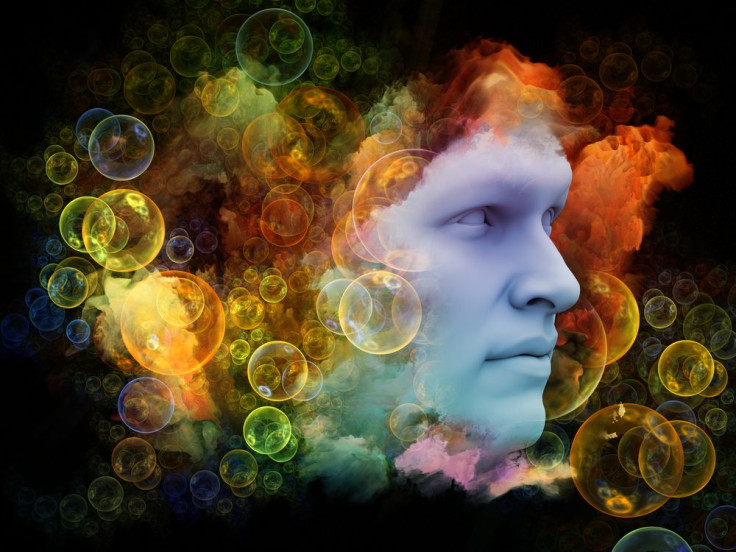What's New? Breaking Down The Brain's Automatic And Hardwired Response To Novelty

Automatically, our brains tune in to what’s new. Though your unthinking response to a new face in the crowd or a new dress in a store window may be fleeting, this impression creates both short and longer-term effects on your brain. Looking at how novelty affects us, two psychologists propose a new framework that categorizes the neurobiological processes into three response groups: perception, arousal, and memory.
In their past research endeavors, Dr. Judith Schomaker of Justus-Liebig Universität in Germany and Dr. Martijn Meeter of VU University Amsterdam, have explored the effects of novel environments on the hippocampus and memory formation. Their previous work proposes our brains are hardwired to unthinkingly respond to whatever is new as a crucial survival tool. After all, immediate adaption to an extreme environment — whether that be a rainforest or a warzone — can mean the difference between life and death.
Even in our everyday, un-extreme lives, the cognitive effects of novelty are real. Take for example the fact that scientists have found our brains detect a simple auditory deviance as early as 30 to 40 milliseconds following its occurrence. Other studies have proven that words presented in unique, unusual fonts will be better remembered than words presented in standard fonts.
What, then, is the biology underlying our immediate and unconscious response to novelty? In their new study, the researchers review the various benefits of this ability and then break it down into three distinct components.
Perception, Arousal, Memory
“First, novelty can transiently enhance perception,” the co-authors wrote in their current study. Whenever we encounter the unknown, a cascade of brain responses activates several neuromodulatory systems, they say. Neuromodulation occurs when transmitters become diffused through large areas of the nervous system; instead of direct synaptic transmission from one neuron to the next, a whole population of neurons will be lit up at once. Novelty, then, enhances our early sensory processing by activating the amygdala through neuromodulation.
Second, novel stimuli may increase our arousal which leads “to short-lived effects on action in the first hundreds of milliseconds after presentation,” wrote the authors. Specifically, noticing something new activates the locus-coeruleus region of the brain, which plays a major role in the norepinephrine system. And norepinephrine is the neurotransmitter responsible for the kind of hyper-aware concentration that goes along with a state of arousal and readiness to act.
Third and finally, spatial novelty — when we enter a new environment — can trigger the release of dopamine in the hippocampus, where our brains consolidate factual memories. According to the researchers, this flood of dopamine, which is a neurotransmitter that is key to our reward system, can have longer-lasting effects (tens of minutes or longer) on motivation, reward processing, and learning and memory.
“Novelty has a wide range of effects on cognition; improving perception and action, increasing motivation, eliciting exploratory behavior, and promoting learning,” noted the authors. While our response to something new may be short-lived — we glance at a passing face and quickly look away — the effects on our memories, quite possibly even our lives, may be enduring.
Source: Schomaker J, Meeter M. Short- and long-lasting consequences of novelty, deviance and surprise on brain and cognition. Neuroscience and Behavioral Reviews. 2015.



























